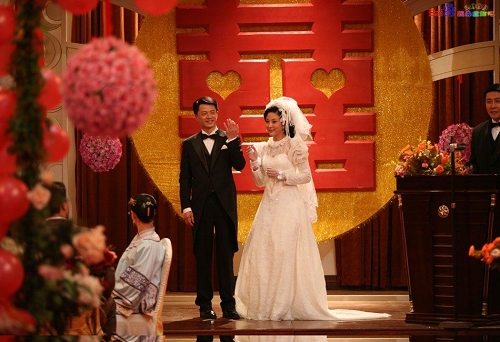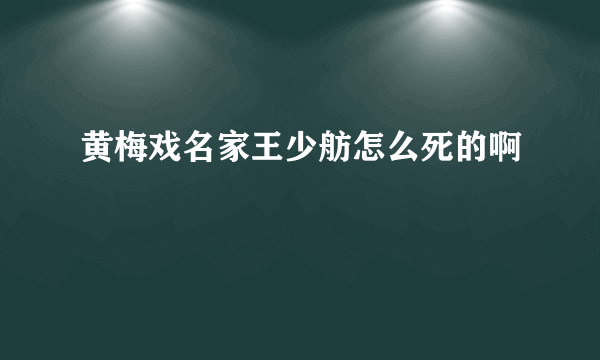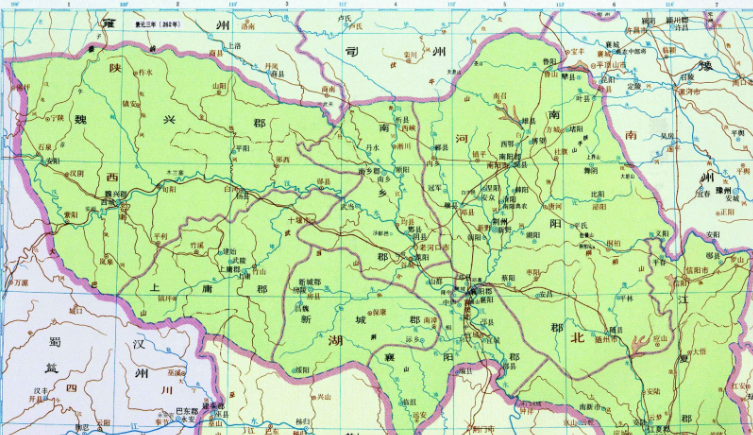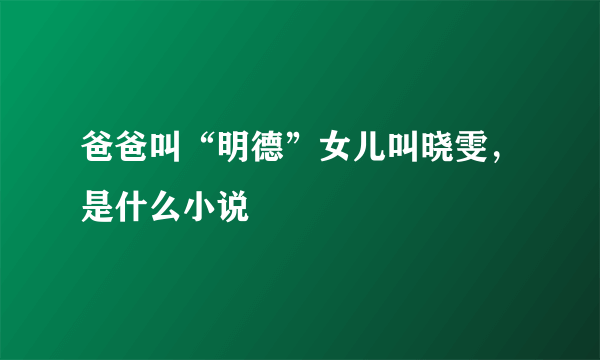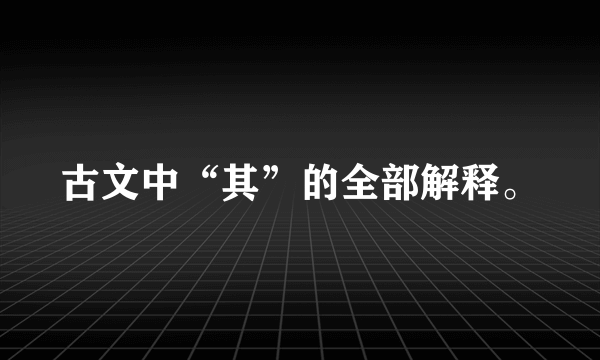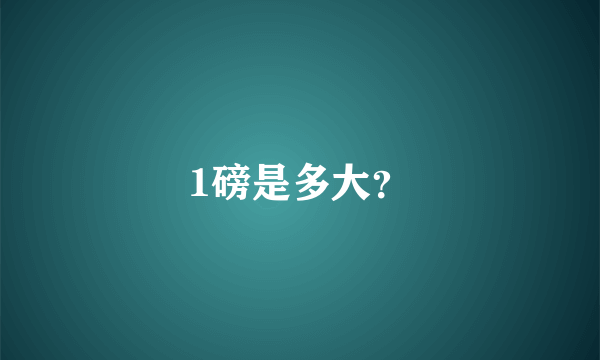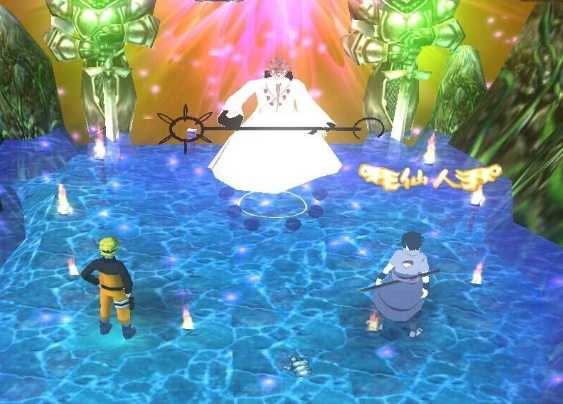happen的用法
的有关信息介绍如下: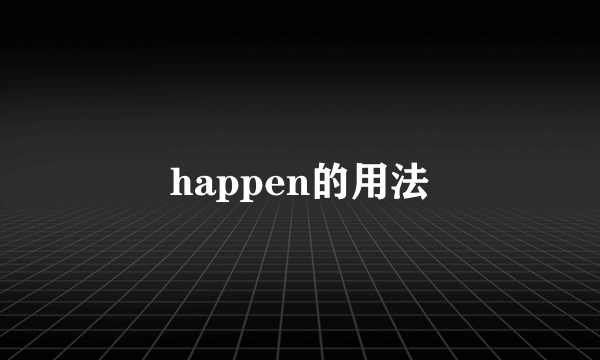
发生; 出现; 碰巧; 偶然遇到;happen是不及物动词,它的用法常见的有如下几种情况:1.表示“某地(某时)发生了什么事”,常用“sth.+ happen +地点/时间”这一结构来表达,此时主语应是事情.例如:The story happened in 2003.这个故事发生在2003年.An accident happened in that street.那条街上发生了一起事故.2.表示“某人出了某事(常指不好的事)”,要用“sth.+ happen+to sb.”这一结构来表达.例如:A car accident happened to her this morning.今天上午她发生了交通事故.What happened to you?你怎么啦?3.表示“某人碰巧做某事”,要用“sb.+ happen+ to do sth.”这一结构来表达.例如:I happened to meet a friend of mine in the street yesterday.昨天我碰巧在街上遇到了我的一个朋友.4.happen表示“碰巧或恰巧发生某事”时,还可用“It happens / happened that...”这一结构来表达.例如:It happened that Brian and Peter were at home that day.碰巧那天布莱恩和彼得在家了.It happened that he had to take part in a meeting that afternoon.碰巧那天下午他不得不参加一个会议.注:that从句中的主语是人时,此种结构可以与“sb.+ happen + to do sth.”结构互换.例如:It happened that Brian and Peter were at home that day.= Brian and Peter happened to be at home that day.词形变化:时态:happened,happening,happens。同义词:bechance,befall;materialise,materialize;encounter,find,bump,chance;come about,fall out,go on,hap,occur,pass,pass off,take place。反义词:dematerialise,dematerialize。单词分析:这些词语都可表示“发生”之意。happen:普通用词,泛指一切客观事物或情况的发生,强调动作的偶然性。occur:较正式用词,可指意外地发生,也可指意料中的发生。chance:侧重事前无安排或无准备而发生的事,特指巧合。take place:多指通过人为安排的发生。英语句子If this should happen, the speaker might feel down in the mouth.如果事情发生了,说话者会因为说错话而难过。Happening by chance or accident;fortuitous.偶然的偶然或意外发生的;偶然的Nothing have happened in the interim.在过渡期间,没发生过任何事。A train of events happened last year. 去年发生了一系列的事情。He happened on the book in an secondhand bookstore.他碰巧在一家旧书店里发现了这本书。

